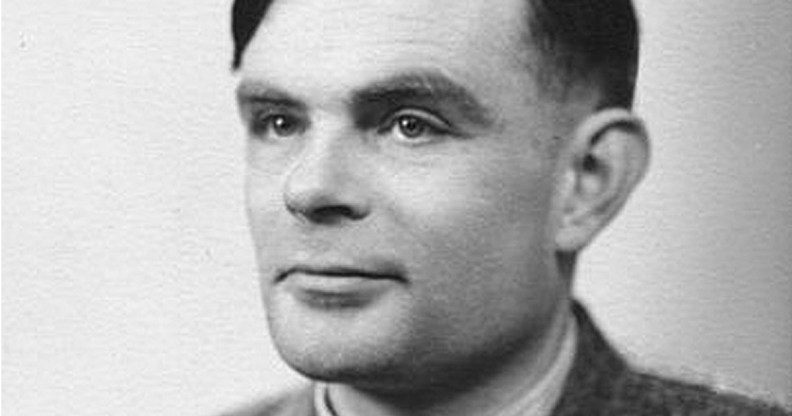Northern Ireland reject pardon applications of two gay men under Turing Law

(Creative Commons)
Two gay men in Northern Ireland who sought pardons for abolished gay-sex crimes under the Turing Law have had their applications rejected.
The two men are the only people to ask for their historic convictions to be quashed under the new law, which came into effect in 2017.
The so-called Turing Law is named for World War Two’s Bletchley Park codebreaker Alan Turing, who was convicted of gross indecency with a 19-year-old man in 1952.
Turing was chemically castrated as a result and died, in 1954, after poisoning himself with cyanide.
The Turing Law began as a Private Member’s Bill introduced by Lib Dem peer Lord Sharkey in 2012 to pardon Turing.
No reasons have been given for the rejection of the two men’s applications to have their convictions pardoned.
These were the only two Turing Law applications in Northern Ireland
The Rainbow Project, a Northern Ireland-based LGBT+ support group that supported both men in their applications, said that the decision was “disappointing.”
“The introduction of pardon measures for historic convictions was an important move in recognising that criminalising consenting gay and bi men was always wrong,” said John O’Doherty, spokesperson for the Rainbow Project.
“This criminalisation damaged many people’s lives and left them with a criminal record for doing nothing wrong.”
“While it is disappointing that more people didn’t apply for a pardon, it doesn’t take away from the important message sent by the introduction of pardons,” Doherty said.
Gay rights campaigner and former Belfast UUP councillor Jeffrey Dudgeon told the Belfast Telegraph that it was of “little surprise” that the two men were the only people in Northern Ireland to try to use the Turing Law to remove their convictions.
“The important thing was the change in the law and the apology and also for those posthumous pardons. That would have been helpful for their friends and relatives,” he said.
But, he continued, it was “very sad” that these two men had their applications rejected.
“They must have felt they deserved to have got it,” he said.

